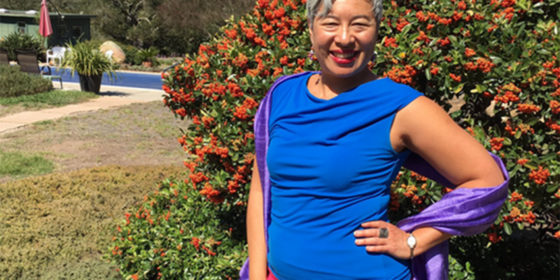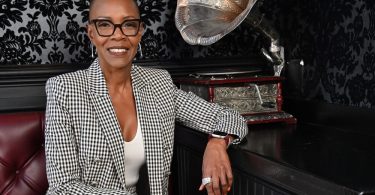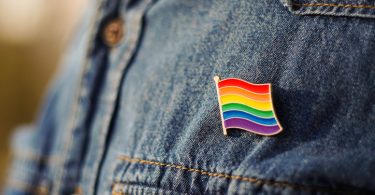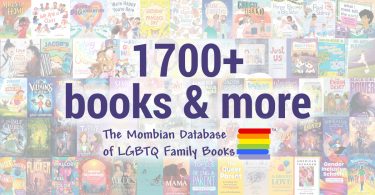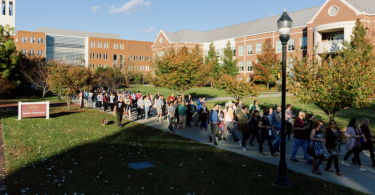There is a myth that claims bisexual people, compared to every other sexual minority, have it easy.
Even though 52% of all sex and gender minorities identify as bi, pan, queer or sexually fluid, they are invisible to the world.
The reality of bisexual mental health
Bisexual people are more likely to suffer from anxiety and depression compared to straight and gay people.
Research has also shown they are more likely to have suicidal thoughts. They also are shown to be more likely to have an unhealthy relationship with alcohol or drugs.
There are other issues, such as an increase in workplace harassment, poverty, poor physical health and domestic violence.
‘There are lots of challenges bisexual people face and they need the support of lesbian and gay people,’ Tania Israel, a professor in psychology at the University of Santa Barbara who identifies as bi, told Gay Star News.
Heterosexual privilege?
Many gay and lesbian people believe that bi people have ‘heterosexual privilege’.
This is the idea that straight people, and bi people (especially in opposite-sex relationships), have unearned and unchallenged advantages because they are the ‘norm’.
‘You don’t get a privilege for being in a heterosexual world [as a bi person],’ Tania believes.
‘There is a negative attitude towards bi people that gay or lesbian people don’t experience. Whether it’s thinking bisexuality doesn’t exist, whether it’s a stable sexuality etc.
‘It’s a negativity on top of not being heterosexual….you can get more negativity on top of the same problems gay and lesbian people experience.
‘It’s more marginalized than being gay or lesbian.’
Facing discrimination from both sides
Tania has said, in her research, bi people are facing discrimination from both the lesbian and gay community and also from straight people.
But why would gay people do this when B is a part of the community’s acronym?
It is suggested many gay people generalize their own experiences of bisexuality and impose it on others.
If they have used bisexual as a ‘stepping stone’ to their gay identity, they may falsely assume that others are doing the same thing.
Breaking the binary
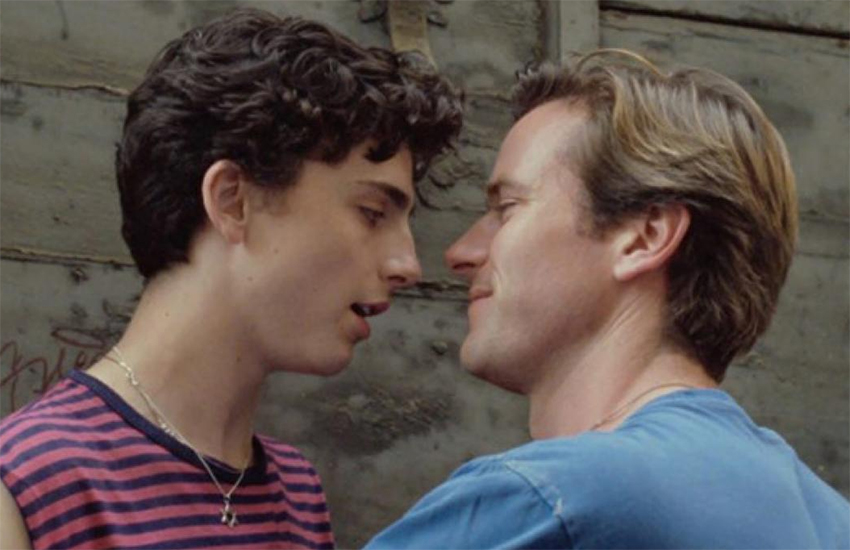
Humans have a tendency to think in binary ways.
‘If we look at historical figures, if someone has had a same-sex relationship they must have been gay or lesbian,’ Tania notes.
‘Look at Call Me By My Name. It’s a lovely movie, but people keep talking about it as if it’s a gay movie.
‘To me it’s clear there’s a lot of bisexual characters in it. But I haven’t been hearing the gay community talk about it as a celebration of bisexuality.
‘This really speaks to bisexual erasure where we assume where there’s a same-sex attraction even when we see evidence of other-sex attraction, we assume the latter isn’t the “real thing”.
‘We think the real thing is the same-sex attraction.
‘We call it monosexism: you have to be either gay or lesbian or you have to be heterosexual.’
But why is this?
‘People evaluate sexual orientation based on the partner that person is currently with,’ Tania adds.
How gay and lesbian people can support bisexuals
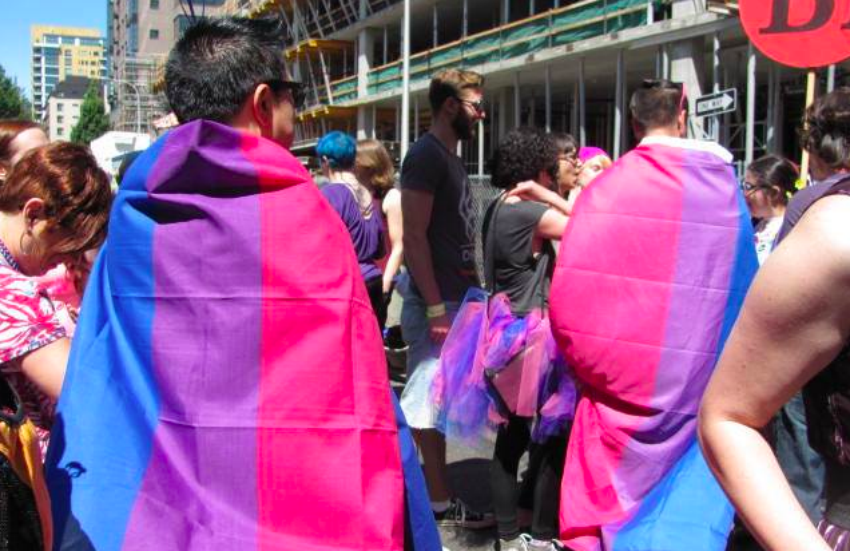
The bisexual flag | Photo: Lynnette McFadzen via BiNet USA
Tania believes the way to improve bisexual people’s mental health is by ensuring the LGBTI community truly welcomes, embraces and supports bi people.
And most of all it is about exploring your own prejudices and assumptions.
‘There’s a lot of negativity about bisexuality that is very vocal within lesbian and gay spaces,’ she said.
‘It’s about noticing that, interrupting that, and refraining from doing it oneself and questioning the prejudices.’
She adds: ‘It’s in the language we use, the names we use for things, and ensure our publications research and reflect that in content.
‘It’s about making sure we have openly bisexual people on Pride organizing committees. We need to put funding into research and providing specific support for bi people.
‘That’s true of all marginalized people in the LGBTI community. It’s true of queer people of color and transgender people.
‘The lesbian and gay community has fought very hard for lesbian and gay rights.
‘Now it’s about attending to the needs of everyone who is part of the sex and gender minority.’

